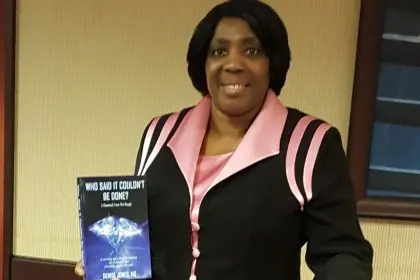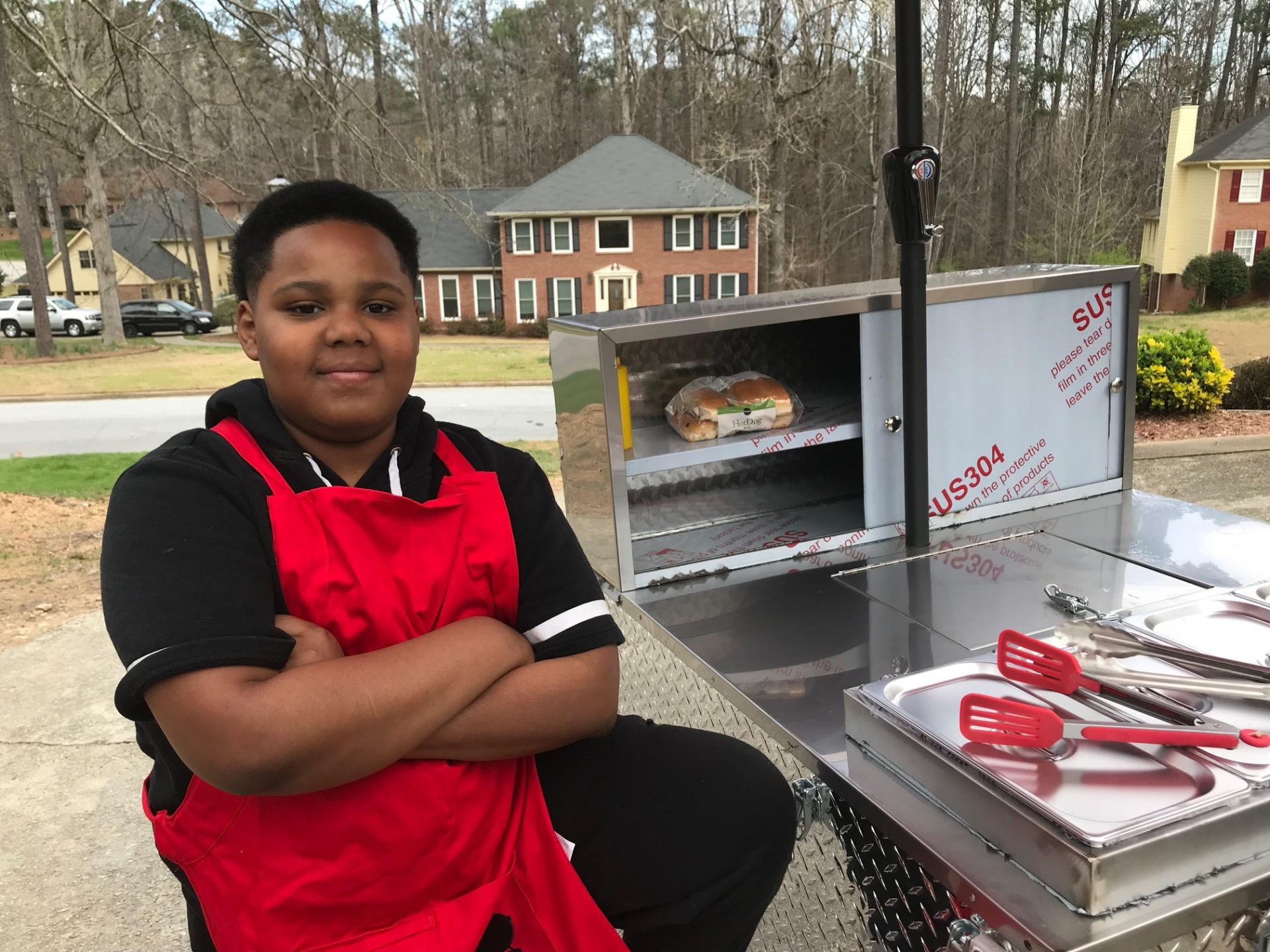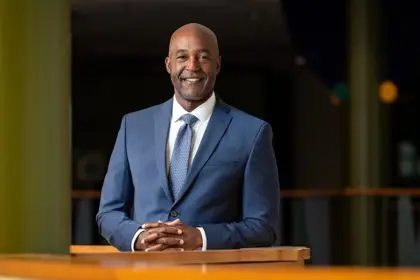 Drug recovery connoisseur Andre Johnson sees the tragedy of Kris Kross’ Chris Kelly happen on a daily basis in Detroit.
Drug recovery connoisseur Andre Johnson sees the tragedy of Kris Kross’ Chris Kelly happen on a daily basis in Detroit.
As the founder and CEO of the renowned Detroit Recovery Project, Johnson can pretty much detail from a general standpoint the circumstances that led to Kelly’s premature and shocking death at age 34 because the process is replicated by thousands of residents in his beloved Motor City.
Kelly, who soared to instant international fame with the smash hits “Jump” (eight weeks at No. 1, the best ever for a rap record at that time) and “Alright” with partner Chris Smith, died on May 1 from a reported overdose of “speedball,” a powerful combination heroin and cocaine. Kelly’s mother tried repeatedly to wean her son off the illicit narcotics without avail.
As Johnson elucidates, a person can become very addicted to either drug alone, much less both at the same time.
“Anytime a person uses drugs, whether leisurely or for recreational or social purposes, they are not only “running” the risk of dependency, but also of losing their lives due to health complications because those drugs. Those drugs in particular … (what happens is that) our body dehydrates. You have to drink lots of water. You are compromising your internal organs when you take those types of drugs, especially your liver. The liver is no longer flushing the toxins out of your body properly. When you start compromising those types organs you are compromising your quality of life.”
Johnson said an individuals, celebrity or not, quickly transition from recreational drug use to becoming dependent on drugs after sustained and consistent usage.
“For a rapper, musician and entertainers, they start out recreationally with high-end drugs, good food, lots of parties and having a good time. But then you do this for a year, you’re now dependent and your body craves more drugs. You have entered another realm. You are no longer doing it for recreation. You’re body is now dependent upon it.”
Moreover, the process of recovery from addiction is hindered because of the celebrity’s mindset, thinking that “that they are better than the homeless person begging for money to get that crack and heroin, but they are not,” Johnson added.
Once the artist or celebrity comes to the realization that they are dependent on drugs and that they are not better off than the street-corner crack fiend, they can begin the process of recovery and staying clean. The Detroit Recovery Project is but one of the many high-level institutions that provide a multifaceted, multilayered and comprehensive program to give recovering users maximum chances to succeed at removing the corrosive powers that drugs can hold over its subjects.
“He would definitely need to step into a cognitive behavioral therapy,” Johnson said. “And what that is, when you can change a person’s thinking, you can change their behavior. They need to be rewired. They are (now) wired to drink alcohol and use drugs.”
One silver lining in Kelly’s shocking tragedy is that it helps crystallize a growing pandemic in the black community and around the nation. Johnson believes that the problem has become enough of a national public health emergency to deserve much higher priority on the government’s list of dilemmas to eradicate.
“We need to do a campaign about this. They are making music about using these drugs and black people are dying from that stuff. African Americans are dying in alarming numbers for a number of years,” Johnson said, passion dripping off every word. “ There are more people dying in our cities than on 9-11. We have a 9-11 on drugs in our community. The new terrorist is the inner city drug dealer. He’s not even new.”













